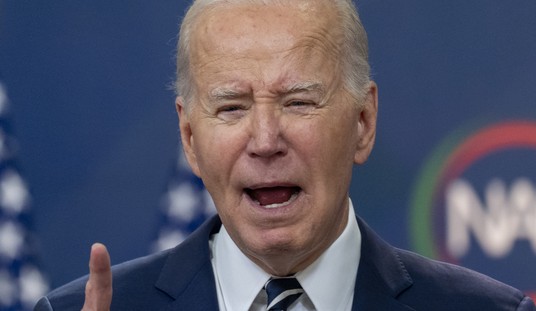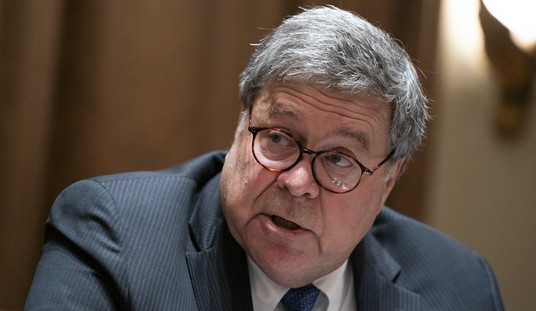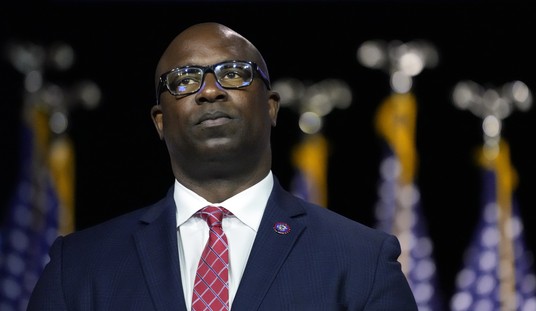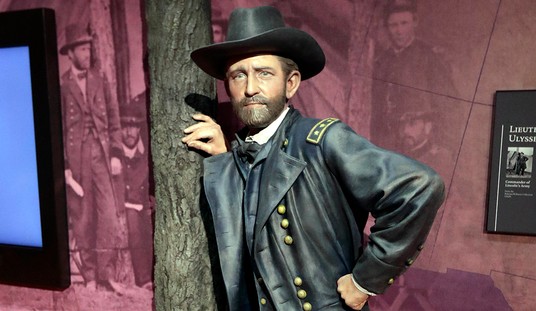Fareed Zakaria of Time magazine and CNN, having promoted himself last year as a would-be advisor to President Obama (who had himself photographed by the New York Times carrying Zakaria’s book The Post-American World on the campaign trail in 2008) seals the deal by plagiarizing a New Yorker column on gun control.
Or as Newsbusters’ Tim Graham quips, “Talk About Concealed Carry: Fareed Zakaria Plagiarized Paragraph on History of Gun Control:”
Here’s something that suggests a lack of intelligence: plagiarism. Cam Edwards at NRANews.com suggested to me that Zakaria seemed to plagiarize a paragraph from an April article in The New Yorker magazine — with a modicum word-usage changes and interjections (Texas!) in an attempt to paper it over. Here’s a paragraph from his Timepiece:
Adam Winkler, a professor of constitutional law at UCLA, documents the actual history in Gunfight: The Battle over the Right to Bear Arms in America. Guns were regulated in the U.S. from the earliest years of the Republic. Laws that banned the carrying of concealed weapons were passed in Kentucky and Louisiana in 1813. Other states soon followed: Indiana in 1820, Tennessee and Virginia in 1838, Alabama in 1839 and Ohio in 1859. Similar laws were passed in Texas, Florida and Oklahoma. As the governor of Texas (Texas!) explained in 1893, the “mission of the concealed deadly weapon is murder. To check it is the duty of every self-respecting, law-abiding man.”
Compare that in its organization to this paragraph from a Jill Lepore New Yorker article from April:
As Adam Winkler, a constitutional-law scholar at U.C.L.A., demonstrates in a remarkably nuanced new book, “Gunfight: The Battle Over the Right to Bear Arms in America,” firearms have been regulated in the United States from the start. Laws banning the carrying of concealed weapons were passed in Kentucky and Louisiana in 1813, and other states soon followed: Indiana (1820), Tennessee and Virginia (1838), Alabama (1839), and Ohio (1859). Similar laws were passed in Texas, Florida, and Oklahoma. As the governor of Texas explained in 1893, the “mission of the concealed deadly weapon is murder. To check it is the duty of every self-respecting, law-abiding man.”
Voila! Xerox Zakaria!
It’s not the first time Zakaria’s been accused of lifting things.
And of course, as the Atlantic snarks today in response, the New Yorker has reliability issues itself, even by the increasingly low standards of the liberal media:
So what gives and just how bad is this? Well, going by The New Yorker‘s Lehrer Plagiarism Scale, we’d say it ranks worse than Jonah Lehrer borrowing from himself (a misdemeanor according to editor David Remnick said at the time) but not as bad as Lehrer making up quotes (which eventually spelled his resignation from this magazine). And this offense seems a lot more serious than recycling a commencement speech, which Zakaria did this year at Duke and Harvard.
Time magazine says that they’ve suspended Zakaria for a month; no word on whether that suspension also applies to CNN, given that they’re owned by the same parent company. But given Joe Biden’s own lifts from British politician Neil Kinnock and Obama’s intellectual…flexibility…in crafting his life history, Zakaria should have no problem making the team with Time-Warner’s political wing in DC should Time decide to extend his timeout.
Update: “CNN has suspended Fareed Zakaria while this matter is under review,” the Politico reports. At Big Journalism, John Nolte adds:
Judging from the reaction on Twitter, Zakaria was not a man with many friends in media. No one’s saying, “Nice guy who made a mistake.” If anything, media figures are taking some pleasure from Zakaria’s fall — which is a very big deal.
This second act of plagiarism might plunge the tarnished star to Dan Rather/KeithOlbermann-ville.
David Brooks, who coined the term bourgeois-bohemian, which fits Zakaria, Obama (whom Brooks supports) and Biden perfectly, recently explored “Why Our Elites Stink.” Of course, he did so in a column published in Pinch Sulzberger’s New York Times, quoting from an MSNBC journalist whom shortly before Labor Day muttered on-air (before eventually backtracking) on why he’s “uncomfortable” calling fallen American soldiers ‘heroes.” All of which, depending upon your point of view, may or may not be indicators of how deep the stench truly is.
Ace of Spades adds, “Prediction: We’re going to find out this is worse. There is no reason at all to be grudging about giving credit, unless you are bringing so little to the table you have to deny credit, in order to retain any for yourself.”
Related: David Gelernter, the author of America-Lite on “The Liberal Train-Wreck.”
More: At Hot Air, Allahpundit has a lengthy post on Zakaria’s suspension which ends with one of his patented exit questions:
Exit question via John Podhoretz: Could Zakaria maybe have been farming his columns out to an intern or assistant? That would be ethically problematic in its own right, but it might help explain this incident. A young ghostwriter has much less to lose in taking a risk like this and might well be more naive than Zakaria would be about the probability of being caught. Neither J-Pod nor I are trying to make excuses for him, mind you, just spitballing on how to account for something this bizarre.
So a “journalist” completely in the tank for the man who says “you didn’t build that,” (and as James Taranto has noted, “Unearned success is the central theme of [Obama’s] life story”) may not have written wide swatches of own his columns. Seems logical in a Bizarro World sort of way if true.
Exit Quote: “Being suspended by CNN is like being put on injured reserve by the 1976 Tampa Bay Bucs. The worst part is returning to the game,” Iowahawk tweets.









Join the conversation as a VIP Member